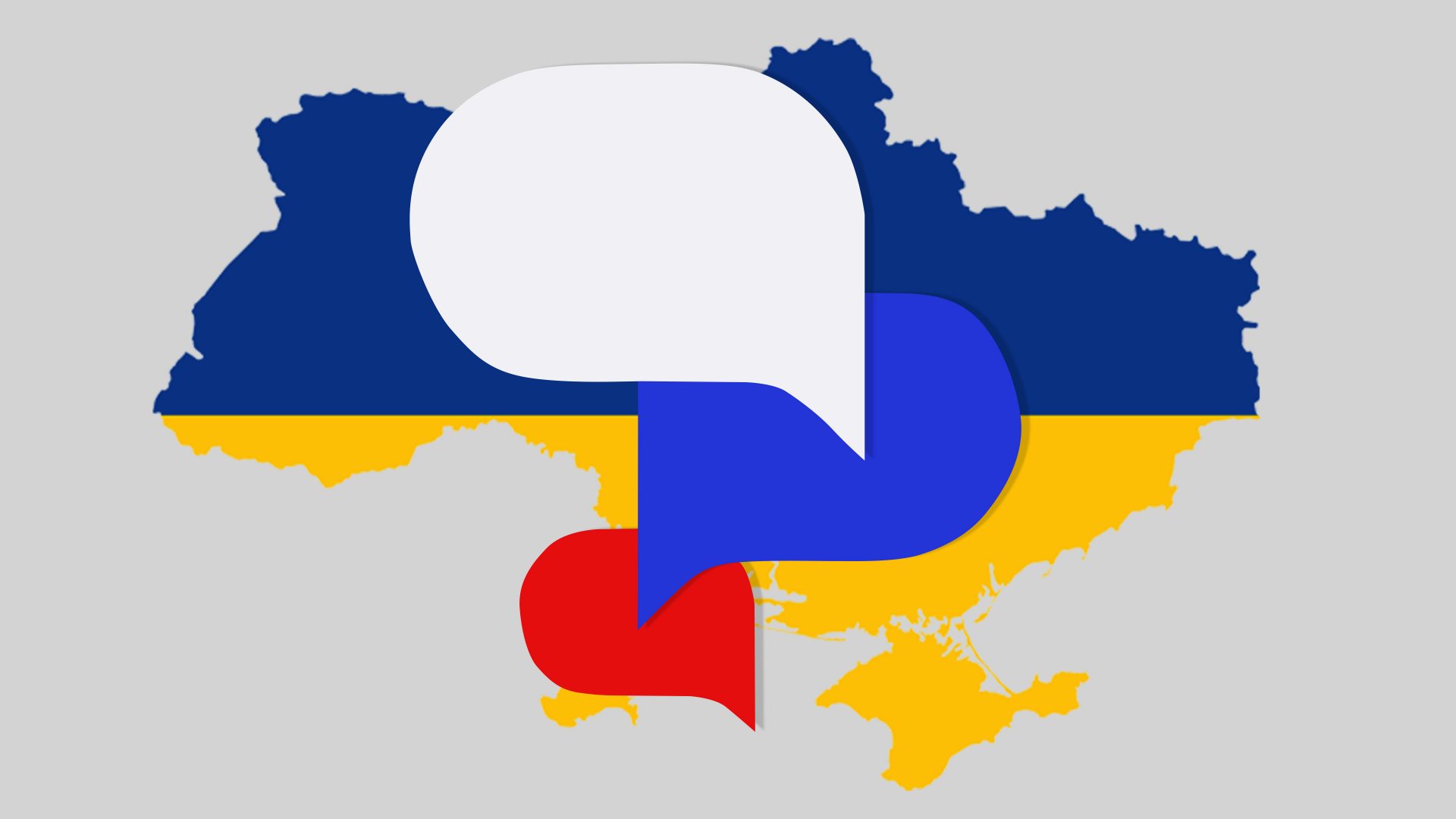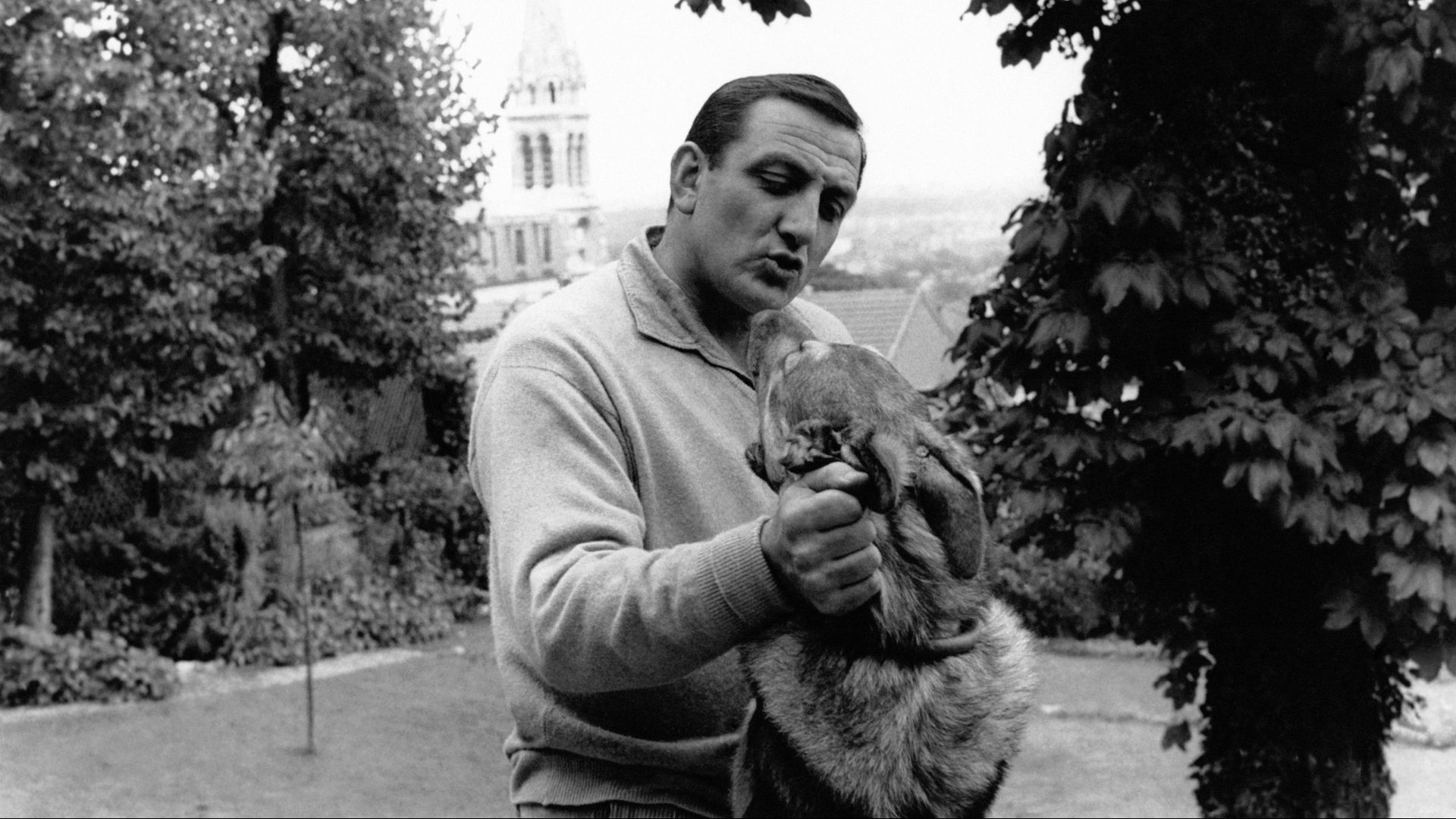Vladimir Putin has produced a series of excuses for why it is “right, important, vital” etc for Russia, Europe’s largest country, to invade Ukraine, Europe’s second-largest country. One of Putin’s most feeble excuses for why Russia was compelled to invade and annex Crimea, and is now compelled to invade and attempt to annex very large parts of the rest of Ukraine, is that he is defending Ukraine’s “Russian-speaking population”.
The truth of the matter is very different. Putin’s pronouncements actually make no sense: there are very few Ukrainians who cannot speak Russian. A survey carried out in 2007 by the Ukrainian National Academy of Sciences showed that only 5.5% of the population of Ukraine could not speak Russian. And there is also no region of the country where Russian is not spoken.
Historically, this is very much due to the fact that Russification was the policy of the Russian empire and, subsequently, of the equally imperial Soviet Union. This policy eventually led to, among other things, the domination in modern times of Ukrainian popular media and culture by the Russian language.
In 2016, the Razumkov Centre for Economic and Political Studies in Kyiv published figures showing that, in the west of Ukraine, 2% of Ukrainians
used Russian as their usual home language; in the centre of the country
the figure was 10%. In the south it was 38%; in the east 45%; and 52% have
it as their home language in Donbas. Also, 3% of Ukrainians in the west of
the country claimed that both Russian and Ukrainian were languages they
spoke at home, compared with 26% in the centre, 37% in the south, 32% in
the east, and 34% in Donbas.
The situation in many of the other former Soviet republics is very similar,
and for the same reason. Today, 30 years after the dissolution of the Soviet Union, 90% of the population of Kazakhstan can still speak Russian. In Tajikistan, Russian-speaking is preserved at about the same level, while in Uzbekistan it is 35%, and in Turkmenistan 12%. The many decades of Russification have had a long-lasting effect on language use.
The notion that Russian-speakers are under some kind of threat from the Ukrainian state is absurd. The politicians who have acted as presidents of Ukraine since the illegal occupation of Crimea in 2014 – Oleksandr Turchynov (2014), Petro Poroshenko (2014-2019), and Volodymyr Zelensky (2019-) – are all native Russian speakers.
And as the Yale University historian Professor Timothy Snyder has written,
“for Russia to invade Ukraine to protect the right of Ukrainian citizens to express themselves in the Russian language makes no more sense than Germany invading Switzerland to protect the rights of its German speakers”. The same would be equally true of the UK government sending troops over the border from Northern Ireland into the Irish Republic in order to protect the rights of English speakers there.
As a result of Russian immigration during the Soviet colonial period, and
because of the Russification policies, the Russian-speaking populations of Estonia, Latvia and Lithuania constitute respectively 30%, 35% and 12% of their populations. Putin’s mendacious rhetoric about protecting the rights of Russian speakers must therefore be very troubling for the governments and populations of those Baltic countries also.
EXCUSE
It is a difficulty for foreign learners that the English verb to excuse is pronounced with a z-sound at the end while the noun excuse has an s-sound.
Use and abuse follow the same pattern. So do other pairs like advise and advice, but at least here the spelling indicates the pronunciations.




